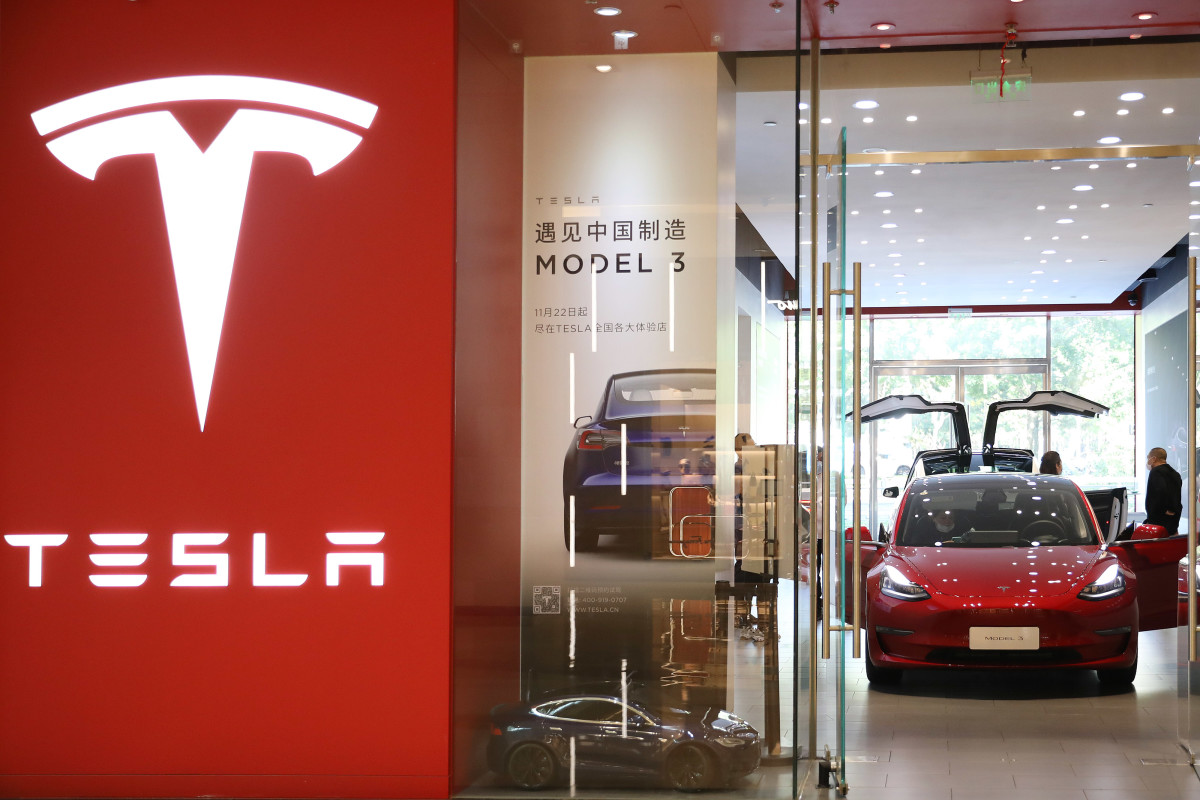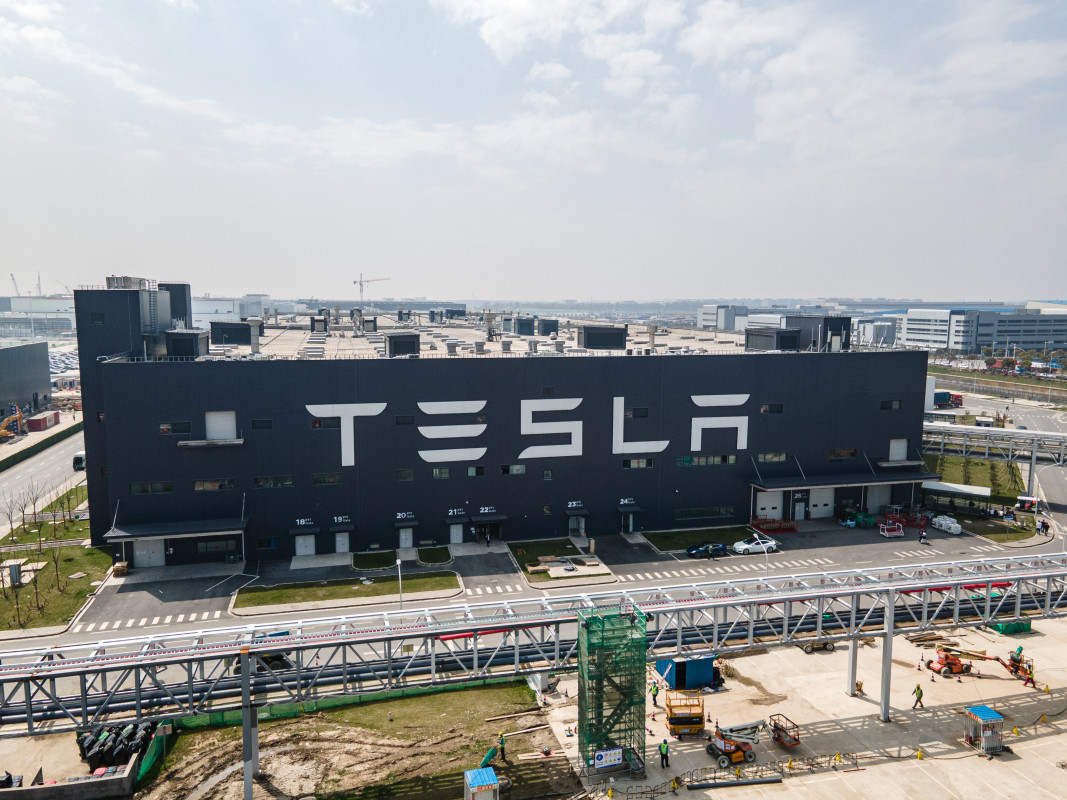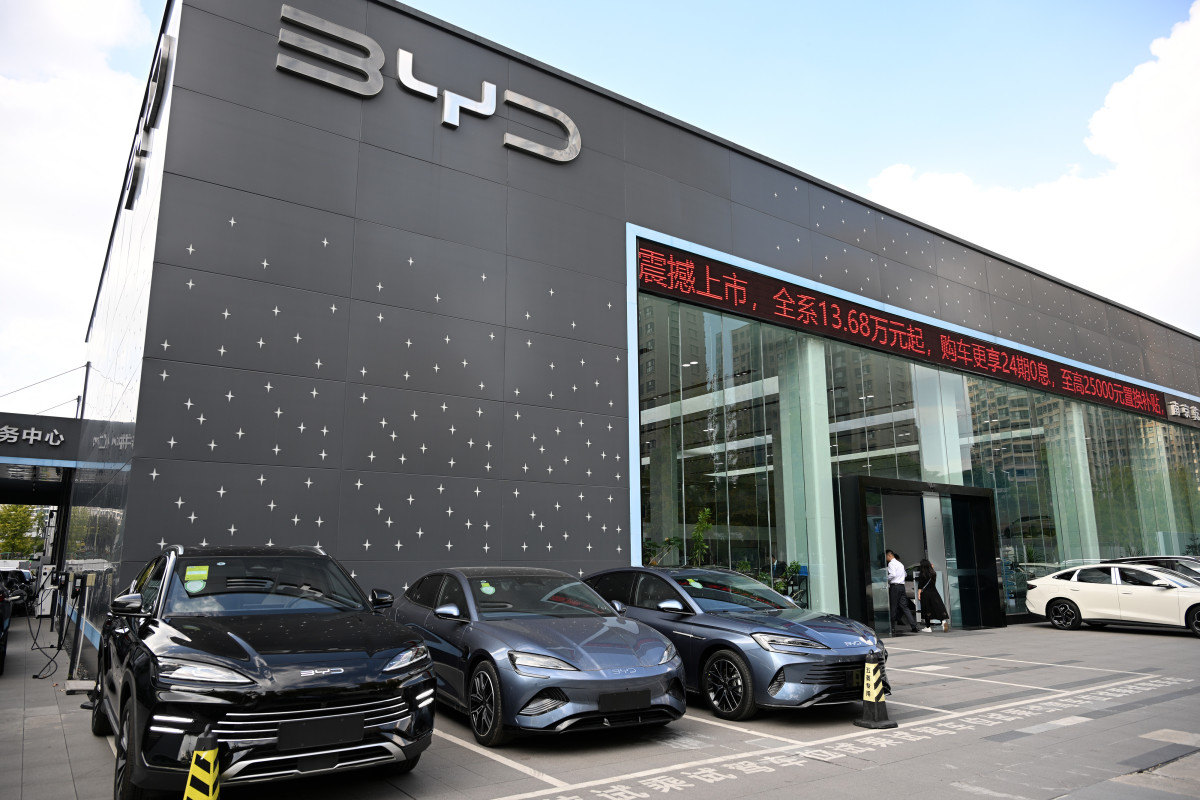The Latest from Tesla

Tesla has pumped the brakes on new orders for its high-end Model S and Model X vehicles in China. This shift comes hot on the heels of China’s latest round of retaliatory tariffs on American goods. As of Friday, Tesla’s Chinese website quietly removed the “order” button for these models, a likely response to the intensifying U.S.-China trade tensions.
The tariffs in question have upped the ante, with China matching U.S. levies, now peaking at 125%. For American made cars like Tesla’s, this translates into a hefty price tag that could more than double the cost, effectively nudging them out of the market for many consumers. Although Tesla has not commented officially, the timing of these moves speaks volumes about their strategic operations in the region.
What It Means

While the Tesla Model S and Model X haven’t been the biggest sellers in China, totaling a little over 2,000 units last year, they represent significant profit margins for Tesla. The majority of Tesla’s Chinese sales lean heavily on the locally-made, lower_profit-margin Model 3 and Model Y. The suspension of orders for its flagship U.S.-built luxury vehicles means a dip in profitability from a segment that punches above its weight in terms of revenue.
As of now, there’s some remaining inventory of the Model S parked in major Chinese cities, but it’s dwindling fast. The Model X supply is nearly depleted, with the remaining stock being sold off and no new orders taken. The situation highlights the balancing act Tesla performs, trying to juggle its various models and production sources in response to geopolitical shifts.
International Affairs

Tesla’s not-so-secret sauce in China has been its Shanghai Gigafactory — the first of its kind allowed to operate independently without a local partner. Elon Musk’s connections with Chinese officials like Premier Li Qiang have paid dividends in the past, keeping Tesla’s wheels rolling smoothly in the region.
However, as trade tensions rise, Tesla’s comfy setup could face challenges. The electric automaker’s dominance is being chipped away by homegrown rivals like BYD, which has seen significant gains. In March, Tesla’s local sales took an 11.5% dive year-over-year, while BYD shot up by 23%, according to the China Passenger Car Association.
Looking Ahead
While stopping Model S/X orders may seem manageable for now, a looming cloud of broader implications threatens Tesla’s other ventures. The dependence on Chinese battery cells for U.S. products like the Powerwall and Megapack means additional tariffs could strike there as well, magnifying the economic hit.
Final Thoughts
If the situation deteriorates further, Tesla might find keeping its Shanghai plant under U.S. control increasingly difficult. This facility is a crucial piece of its global supply chain puzzle. For now, production continues in Shanghai, but with growing nationalistic sentiments and strained trade relations, Tesla’s position seems more precarious with each passing day.
Mitsu Tariff Trouble
Ford Ranger Muscles
Car Market Dynamics
Panoz AIV Auction
Audi RS e-tron GT Unleashed